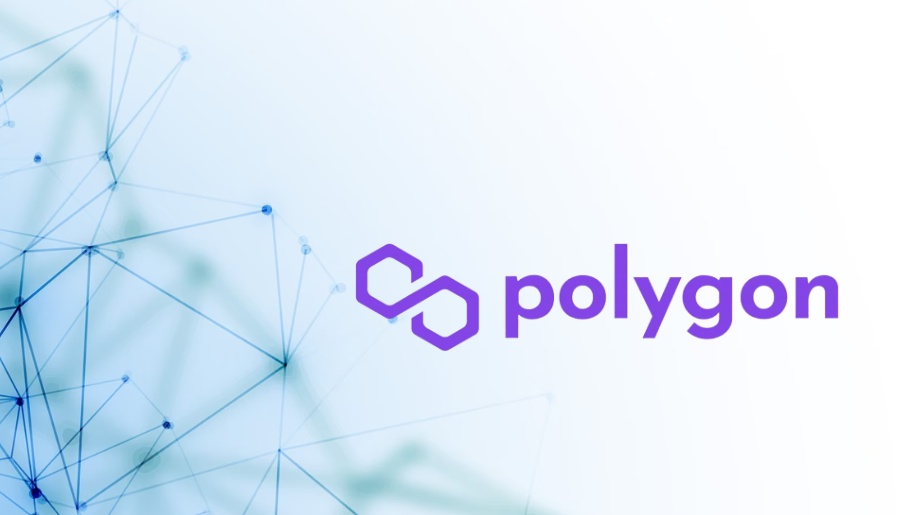Decentralized governance is a fundamental principle of blockchain technology, enabling trustless and transparent decision-making processes within decentralized networks. In a decentralized governance model, network participants collectively make decisions about the network's direction and operation, without the need for central authorities or intermediaries. One key element in enabling decentralized governance is the use of network nodes, including polygon nodes, which play a crucial role in network operations and decision-making.
Polygon nodes are network nodes that operate on the Polygon network, a layer 2 scaling solution built on top of the Ethereum network. Polygon nodes serve as validators, transaction verifiers, and network maintainers on the Polygon network, ensuring the smooth and secure operation of the network. As such, polygon nodes are critical in enabling decentralized governance on the Polygon network.
In a decentralized governance model, network participants, including polygon node operators, have a say in the network's decision-making processes. For example, on the Polygon network, polygon node operators can participate in governance proposals, where they can vote on network upgrades, changes to network parameters, and other key decisions. This allows for a decentralized decision-making process, where network participants have a voice in shaping the network's future.
The use of polygon nodes in decentralized governance helps to ensure that the network operates in a transparent and trustworthy manner. Since polygon nodes serve as validators and transaction verifiers on the network, they have a vested interest in maintaining the integrity and security of the network. As such, they are incentivized to act in the best interests of the network and its users. Blockchain infrastructure providers can provide blockchain technology and expertise to SMEs and crypto-related startups for a relatively low investment. Also, Infrastructure as a Service enables on-demand resource usage, so budgets are more cost-effective.
Furthermore, the use of polygon nodes in decentralized governance helps to promote network decentralization. By allowing polygon node operators to participate in decision-making processes, the network becomes less reliant on central authorities or intermediaries. This, in turn, helps to increase the network's resilience and reduces the risk of central points of failure.
In addition to enabling decentralized governance on the Polygon network, polygon nodes can also help to promote the adoption and use of the network. As more network participants become involved in governance processes, they become more invested in the network's success and are more likely to promote its use and adoption. This can help to drive network growth and increase the network's overall value.
One key benefit of using polygon nodes in decentralized governance is their ability to facilitate trustless decision-making. By using blockchain technology, network participants can trust that the decision-making process is transparent, tamper-proof, and resistant to manipulation. This helps to ensure that the network operates in a fair and democratic manner, with decisions made based on the collective interests of network participants.
In conclusion, polygon nodes play a critical role in enabling decentralized governance on the Polygon network. By serving as validators and transaction verifiers, polygon nodes help to ensure the smooth and secure operation of the network, while also enabling network participants to have a voice in decision-making processes. The use of polygon nodes in decentralized governance helps to promote network decentralization, increase network resilience, and promote the adoption and use of the network. As blockchain technology continues to evolve, it is clear that polygon nodes will continue to play a significant role in shaping the future of decentralized governance.


No comments yet